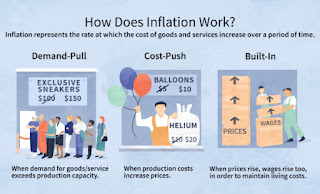Financial Planning

What constitutes a great financial planning and strategy? A great financial plan typically includes the following key elements: Setting realistic financial goals and objectives: Understanding what you want to achieve and setting realistic goals and objectives to help you get there. Budgeting: Creating a budget that aligns with your financial goals and helps you track your spending. Saving and investing: Building an emergency fund and saving for future expenses while also investing in long-term growth opportunities. Debt management: Developing a strategy to pay off debt and minimize interest payments. Risk management: Protecting your assets and income through insurance and other risk management strategies. Tax planning: Minimizing your tax liability through smart tax planning strategies. Retirement planning: Saving and investing for retirement, including contributions to retirement accounts and pension plans. Estate planning: Creating a plan for the distribution of your assets afte...

